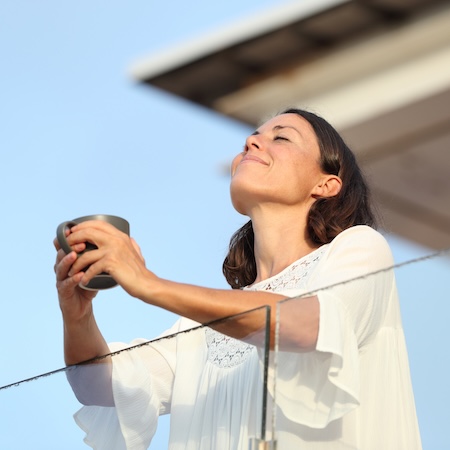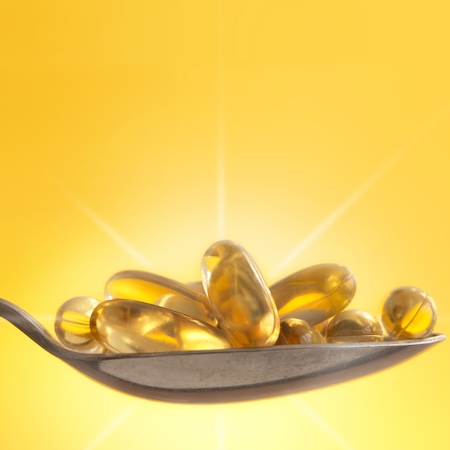With most of the country set to see some sunshine over the next few days, it might feel like it has been a while since we experienced the joy of summer sun.
Many would agree that sunny days can make them feel more optimistic and cheerful than grey, overcast skies.
It is not just that it makes you feel happier - it can also have a positive impact on your health.
So what is it about bright days that can boost your senses?
The 'sunshine vitamin'
When it is sunny in the UK there is generally a greater desire to leave the house. Parks and beaches are bustling, and even if it is just being in your own garden, many of us look forward to being outside.
Moderate exposure to sunlight is a primary source of vitamin D for most people - hence its nickname of the sunshine vitamin. It has a variety of benefits including strengthening bones. Only a small amount of it is found naturally in foods such as oily fish and eggs.
According to the World Health Organization getting between five and 15 minutes of sunlight on your arms, hands and face, at least two or three times a week is sufficient to make enough vitamin D for most people.
But remember to protect your skin using a high SPF sun cream and limit your exposure as too much sunshine is linked to increased skin cancer.
The 'happiness hormone'
Vitamin D also plays a role in production of serotonin, a hormone which functions as a chemical messenger in the brain.
It affects mood, appetite and sleep and is often described as the 'happiness hormone' because it can help us feel calm and more balanced.
The NHS claims that reduced exposure to sunlight during autumn and winter days is linked to seasonal affective disorder, also known as SAD.
Around two million people in the UK have been diagnosed with SAD and while the exact cause is not fully understood, a lack of sunlight can disrupt the body's internal clock (circadian rhythm), which regulates our sleep.
Mellow yellow
Another reason you may feel brighter when the Sun shines is because colour is often associated with mood and emotions. Bright and vibrant colours are used in carnivals and celebrations across the world, while duller and more muted colours are often linked to more serious or subdued times or events.
The association of yellow with joy was tested in a 2019 international survey reported in the Journal of Environmental Psychology. It found that those who live further away from the equator and in countries that have more rain are more likely to associate yellow with joy.
In the UK people's yellow-joy association levels were between 60% and 70%.
Improves sleep
A good night's sleep can make everyone feel better and exposure to sunlight can actually improve the quality of that rest.
The sunlight perceived by the eyes sends signals to part of the brain called the hypothalamus where the circadian clock is located. In response, the brain controls the secretion of melatonin and production of this increases as light diminishes.
According to ophthalmic surgeon and neuroscience researcher Dr Mithu Storoni, the brighter the daylight exposure to sunlight you have, the more melatonin (the hormone that makes you feel sleepy) you produce at night.
A 2021 UK study published in Science Direct found that more time spent in outdoor light has been linked to a greater ease of getting up each day, less tiredness and fewer insomnia symptoms.
Dr Sean W. Cain, a circadian biologist and one of the authors of the study, said: "Getting light during the day is very important for our mood, sleep and general health.
"All the tissues of our bodies have clocks that tell those tissues to function differently in the night and day and getting lots of natural light helps strengthen those clocks.
"This makes us generally healthier and happier."
Stay safe
Whilst the Sun is good for us, it can also be dangerous.
Unprotected exposure to the sun's ultraviolet (UV) rays can cause damage to the skin, eyes, and immune system.
The midday sun can be very strong, even when temperatures aren't that high, and and is often best avoided. If you are out and about then remember to wear sun screen with a high sun protection factor - and keep it topped up.
Being in the hot sun for too long can lead to heat exhaustion or even heatstroke. Try to wear a hat and stay in the shade. Also drink plenty of water to stay hydrated.


